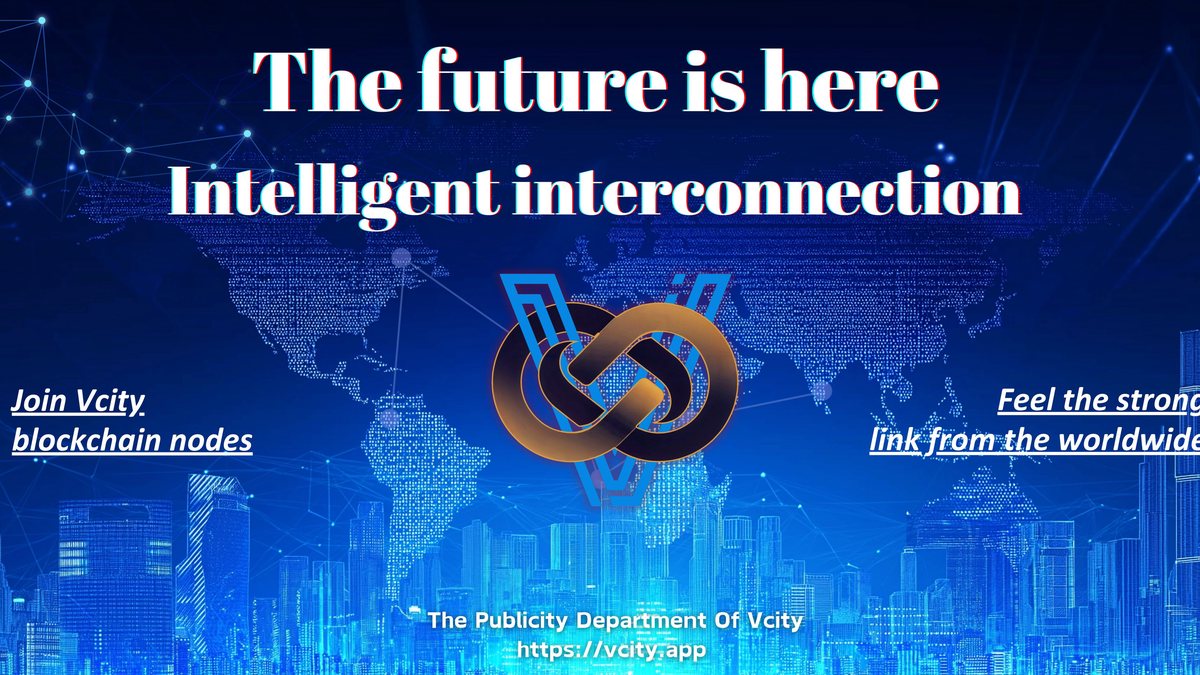

=================================================================
Political risk is a significant factor for traders engaging in perpetual futures contracts, where price fluctuations can be influenced by geopolitical events, government policies, and political instability. This article will explore effective solutions to mitigate political risk, offering in-depth strategies and practical insights for traders seeking to safeguard their investments. By analyzing various approaches, comparing their benefits and drawbacks, and recommending the best practices, this guide aims to help traders minimize the effects of political uncertainties on their trading strategies.
Understanding Political Risk in Perpetual Futures Trading
Before diving into the solutions, it’s important to define what political risk is and how it impacts perpetual futures trading. Political risk refers to the likelihood that political decisions, events, or conditions will affect the market value of a financial asset. In perpetual futures, which are derivatives that allow traders to bet on the future price of an asset without an expiration date, political risk can manifest in various ways:
- Government Intervention: Regulatory changes, nationalization, or trade restrictions can directly affect the prices of assets underlying perpetual futures.
- Geopolitical Instability: Wars, coups, or diplomatic tensions can cause sudden and severe market reactions.
- Policy Shifts: Sudden changes in monetary policy or fiscal policy can impact the economic environment in which futures markets operate.
As political risk is inherently unpredictable, traders need to take proactive measures to hedge against it.
Solutions to Mitigate Political Risk in Perpetual Futures Trading
1. Diversification of Portfolio
One of the most effective ways to mitigate political risk is by diversifying your portfolio. By investing in a wide range of assets across different geographies, sectors, and markets, you reduce the overall exposure to a single political event or government policy. For instance, if you primarily trade perpetual futures in a country with unstable politics, spreading your investments across more stable regions can minimize your overall risk.
Pros:
- Spreads risk across multiple markets.
- Helps to minimize the impact of a single adverse event.
- Can provide exposure to emerging markets with less political volatility.
Cons:
- Requires more knowledge and expertise to manage diverse investments.
- May reduce overall returns if the diversified assets underperform.
2. Use of Political Risk Hedging Instruments
Hedging is another critical strategy for mitigating political risk. Traders can use various financial instruments to hedge against political risks in perpetual futures markets. These may include options, futures, and swaps that are specifically designed to protect against political instability.
For example, you could purchase options on government bonds from a more stable region, which would increase in value if there is political unrest in the region you are exposed to. Similarly, credit default swaps (CDS) can be used to hedge against the risk of a government defaulting due to political reasons.
Pros:
- Provides direct protection against specific political risks.
- Can be tailored to your portfolio’s specific needs.
- Reduces potential losses in case of adverse political events.
Cons:
- Can be costly, especially in volatile markets.
- Requires advanced knowledge of financial instruments.
- Hedging instruments may not always perfectly offset losses.
3. Geopolitical Risk Analysis and Monitoring
Constantly monitoring geopolitical events is crucial for identifying potential political risks in advance. By keeping an eye on elections, political movements, economic reforms, and diplomatic relations, traders can adjust their positions in response to changing political landscapes.
Using a variety of news sources, government reports, and specialized analysis tools can help keep you informed. Furthermore, some trading platforms offer integrated geopolitical risk analysis, which can alert traders to imminent political risks that could affect their positions.
Pros:
- Allows traders to anticipate and respond to political events in real-time.
- Provides valuable insights into political trends and economic policies.
- Can be integrated into automated trading systems for faster decision-making.
Cons:
- Constant monitoring can be time-consuming and may require expert-level knowledge.
- Political events can sometimes be unpredictable or sudden, making analysis challenging.
4. Political Risk Insurance
Political risk insurance is another tool that traders can utilize to protect themselves from the financial consequences of political events. These policies, offered by entities like the Multilateral Investment Guarantee Agency (MIGA) or private insurers, can provide coverage against risks such as expropriation, nationalization, or political violence.
Pros:
- Offers comprehensive protection against a wide range of political risks.
- Reduces the financial impact of extreme political events.
- Available for international investors operating in emerging markets.
Cons:
- Insurance premiums can be high, especially in riskier regions.
- May not be suitable for all types of traders or investors.
5. Automated Trading Systems with Political Risk Filters
As technology continues to evolve, automated trading systems (ATS) have become an effective solution for managing political risk. These systems can be programmed with political risk filters to automatically adjust trading strategies in response to political developments. For example, if a system detects signs of a potential trade war or political unrest in a country where you have exposure, it could automatically adjust or liquidate positions to minimize losses.
Pros:
- Provides a hands-off approach to managing political risk.
- Can react faster to political events than human traders.
- Reduces emotional trading decisions during political turmoil.
Cons:
- Requires an upfront investment in technology.
- May need constant optimization and maintenance.
- Cannot guarantee complete protection from political events.
Best Practices for Managing Political Risk
To further reduce political risk in perpetual futures trading, here are a few best practices:
- Stay Informed: Follow political developments and economic trends to understand the environment in which you are trading.
- Risk Assessment: Regularly assess your exposure to political risk, especially in volatile regions, and adjust your trading strategies accordingly.
- Strategic Allocation: Allocate assets in a way that minimizes exposure to high-risk political events, such as focusing on stable economies or using hedging strategies.
FAQ (Frequently Asked Questions)
1. Why is political risk so important for perpetual futures trading?
Political risk can have a significant impact on the pricing and liquidity of assets in perpetual futures markets. Changes in government policies, geopolitical tensions, or economic reforms can lead to sudden price movements or increased volatility. As perpetual futures contracts have no expiration date, political risk can result in prolonged uncertainty and may impact long-term positions.
2. How can diversification help mitigate political risk?
Diversification spreads risk across multiple markets and assets, ensuring that a political event affecting one region does not have a disproportionate impact on your entire portfolio. By holding positions in multiple countries with stable political environments, you can buffer against the fallout from a single political risk.
3. What is the best way to stay updated on political risks?
The best way to stay informed on political risks is to regularly monitor news sources, subscribe to geopolitical analysis services, and use trading platforms that integrate political risk alerts. Automation tools and trading algorithms can also help you respond quickly to political developments.
Conclusion
Mitigating political risk in perpetual futures trading is crucial for maintaining a stable and profitable portfolio. By leveraging diversification, hedging strategies, geopolitical analysis, and insurance, traders can reduce the impact of political events on their positions. As the political landscape is ever-changing, staying informed and employing technology to automate risk management can provide a significant edge in managing these challenges effectively.